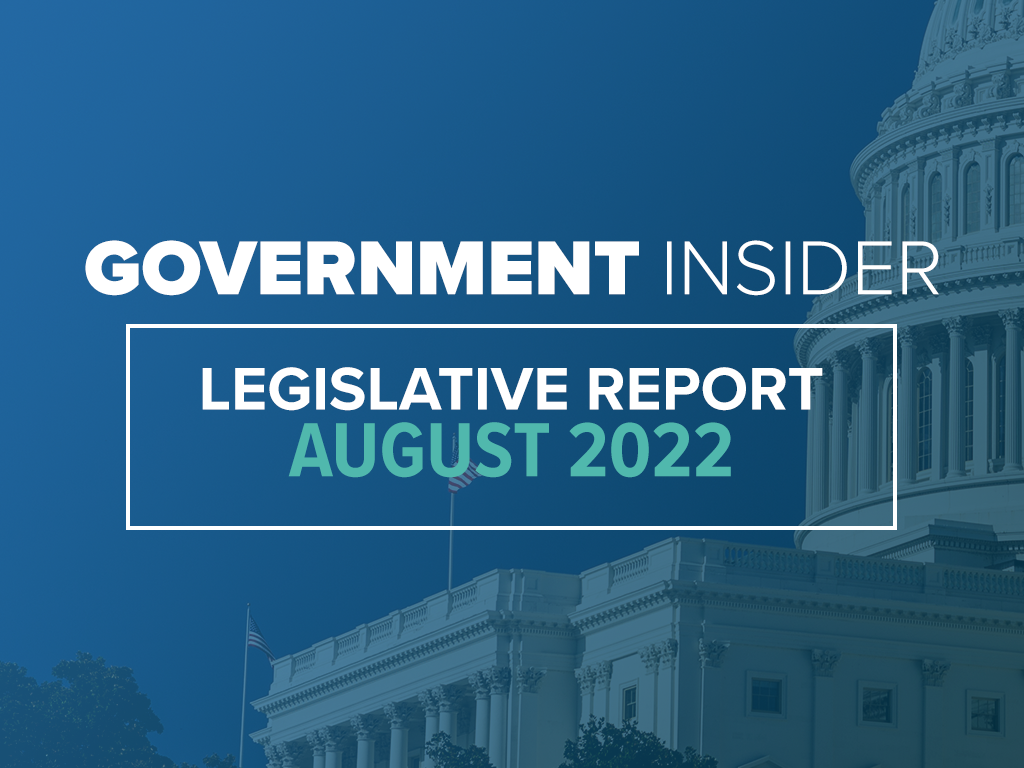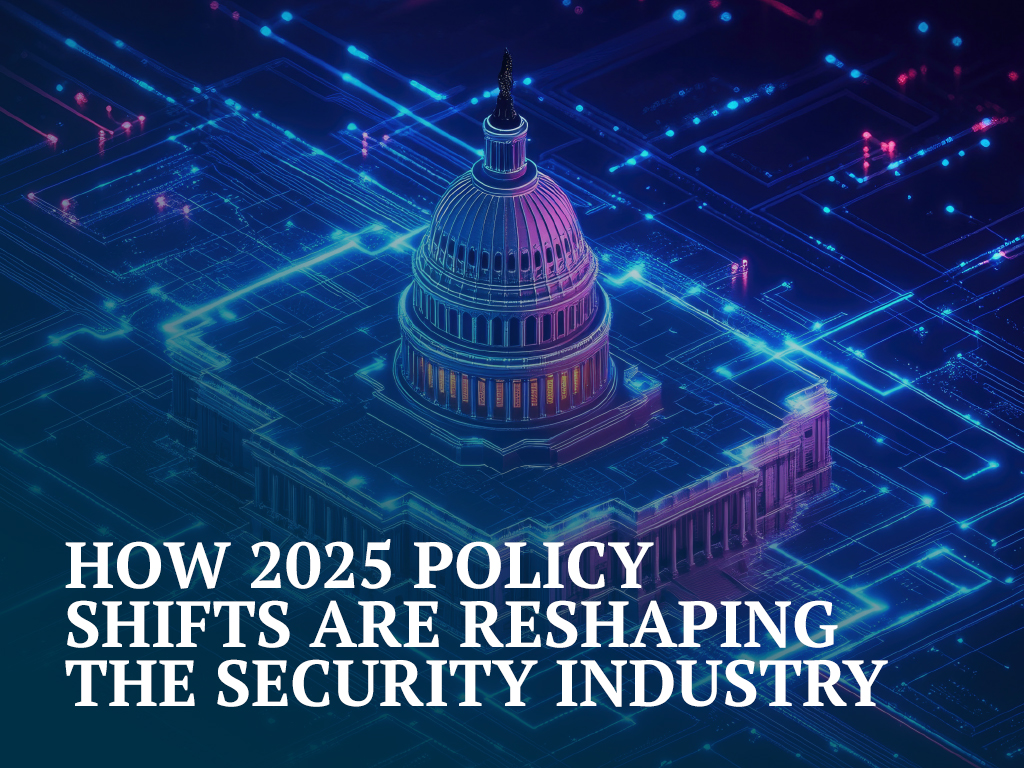Legislative Report August 2022

Here are highlights of legislative activity that could impact the electronic security and life safety industry from August.
Federal Legislative Report – August 2022
Congress is generally concerned with going on recess and working in their districts as they prepare for the November elections. This month, Congress managed to push through two controversial bills before their August recess and both were enacted into law.
H.R. 5376 was eventually titled the “Inflation Reduction Act of 2022” and is largely concerned with climate initiatives and corporate tax rates. Its largest impact will be on the alternative minimum tax of 15% of the average annual adjusted financial statement income of domestic corporations (excluding Subchapter S corporations, regulated investment companies, and real estate investment trusts) that exceeds $1 billion over a specified 3-year period. The bill imposes a 1% excise tax on the fair market value of stock repurchased by a domestic corporation after 2022, with certain exceptions. Other provisions include caps on certain prescription drugs, but one of the more controversial provisions is the doubling of IRS enforcement agents over a 10-year period.
H.R. 4346 is now titled as, “The CHIPS Act of 2022”. While the widely touted provisions in the bill relate to semiconductor research and development, it is a huge bill that provides funding in workforce development, labor provisions and many research programs. It authorizes about $52 billion to boost the development of semiconductors, as well as funds for research and 5G wireless technology. The bill also provides funding for the National Institute of Standards and Technology (NIST), which will update testing for biometric and facial recognition software. It was the NIST study in 2019 that resulted in many anti-biometric and facial recognition technology legislation in state legislatures over the last several years.
Access the Members-Only Federal Legislative Report
State Legislative Report – August 2022
California was the most active legislative body during August as it pushed through a number of bills. Seven (7) were enrolled and sent to the Governor that covered issues like COVID relief, corporate taxes, employee leave, and one bill that requires video surveillance systems for firearm dealers. We also had some measures that were introduced or moved in Pennsylvania and Massachusetts.
Pennsylvania HB 2779 establishes the Long-Term Services and Supports Commission, the Long-Term Services and Supports Council and the Long-Term Services and Supports Trust Fund. It creates duties on the Department of Human Services and the Department of Revenue and imposes a payroll premium. A similar bill to this that passed in Washington state has created numerous administrative and regulatory issues that are being revisited in that state. Members with a footprint in this state should review the language and the implications for employers who will be burdened with the additional payroll tax collection provided for in this bill.
A bill that will be of particular interest to members in California is AB 1262, which would include smart speaker devices within the scope of current law relating to connected televisions and applications the user chooses to use in the cloud or that are downloaded and installed by a user. The bill would prohibit any actual recordings or transcriptions collected or retained through the operation of a voice recognition feature by the manufacturer of a connected television or smart speaker device, and being sold or marketed to a third party, unless the user has provided affirmative consent, as defined in the bill. The bill would also prohibit the use of recordings made from an incorrect activation of the device, except as specified. The bill would also prohibit the manufacturer from retaining the recordings or transcripts, as specified, unless the user opts in. The provisions of this bill may become of interest to integrators who use such connected devices to control security systems.
Massachusetts has several bills filed that provide the same level of funding to improve judiciary and court facility security, among other proposals for general obligation bonds. H. 5163 was introduced, proceeded through both chambers, enrolled, and sent to the Governor in one day. The bill as enrolled will provide $35 million for court system-wide replacement of physical security hardware, which shall include, but not be limited to, video surveillance systems, duress systems, security scanning systems, and inter-personnel communications equipment. The Governor signed the bill, in part, but rejected a section that dedicated some funds to court facilities in a single jurisdiction.




